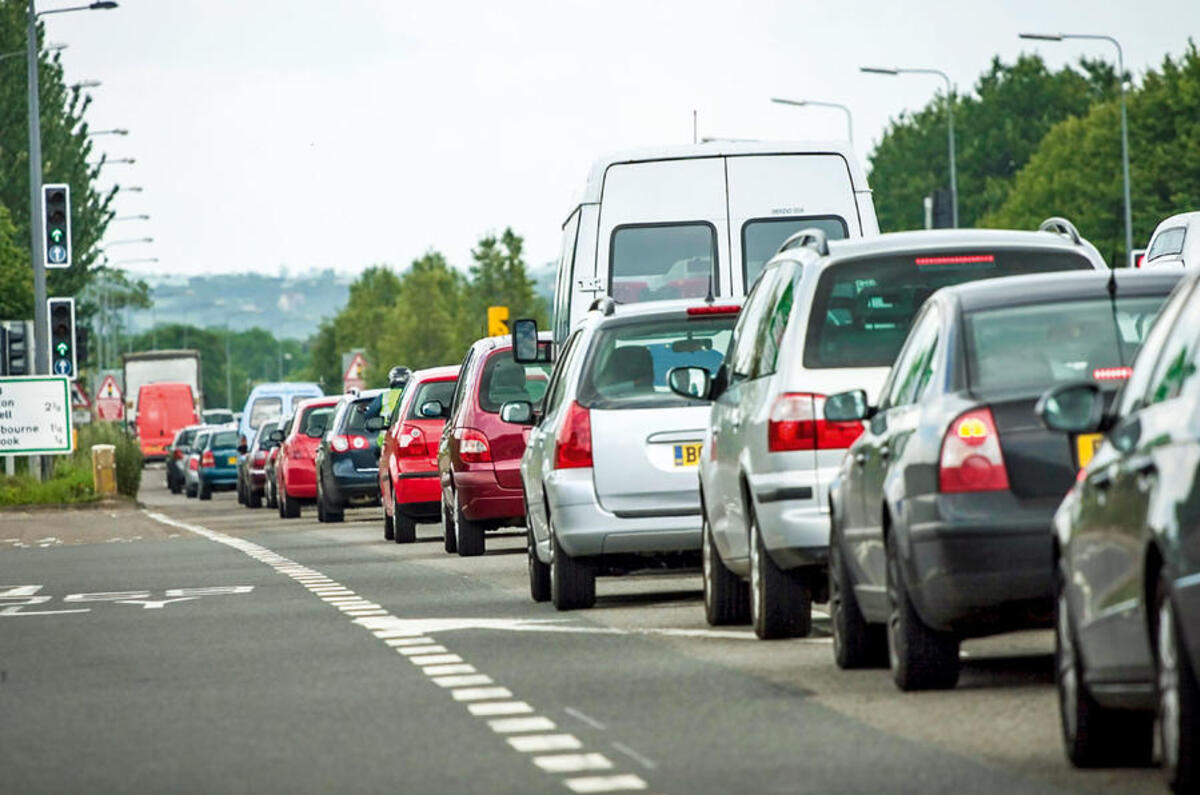Fuel duty in Britain remains frozen at 57.95p per litre for the seventh year running, chancellor Philip Hammond has confirmed during his budget speech to the House of Commons.
Hammond also announced further plans to reduce congestion in urban areas, with £690 million allocated to tackle local traffic "to get transport networks moving again".
He also said money would be allocated to programmes supporting the development of driverless vehicles.
Hammond was expected to launch the UK government's planned diesel scrappage scheme, but it was not mentioned in the budget. The Department for Transport and the Department for Environment, Food and Rural Affairs was considering offering a cashback payment or money off low-emission vehicles in exchange for buyers’ older, high-polluting diesel vehicles, in a bid to reduce transport pollution.
UK government under scrutiny over diesel NO2 emissions
Instead, Hammond said the government would continue to work at addressing the UK's air quality problem and consider new "tax treatment for diesel vehicles" that may be announced in the Autumn budget.
Mike Hawes, the cheif executive of the Society of Motor Manufacturers and Traders, has been vocal on the subject. He said “The automotive industry is investing significantly in new technology to address the issue of air quality, so we look forward to working with government to encourage the uptake of the latest, low emission vehicles, regardless of fuel type. Nearly one in two new car buyers chose a diesel last year and getting more Euro 6 diesels on the road will be part of the solution as we also strive to meet our climate change targets."
Hawes was in support of the government's funding for sustainable vehicles, but emphasised that investment would need to continue into the future to maintain the UK's position as Europe's biggest buying of electric cars.
"UK Automotive plays a critical role in the country’s economy but future success will depend upon maintaining competitiveness. It's disappointing, therefore, that the Chancellor hasn't prioritised additional funding for supply chain development, nor addressed the flaw in business rates that disincentivises investment in plants and machinery."
The matter of sustainable transport has been a core subject of discussion for some time, with transport secretary Chris Grayling saying in the House of Commons last month that the UK’s pollution problem needed to be addressed urgently. He said: "We have to find the right way to migrate the nature of the cars on our roads to a point where they cause much less of a pollution problem than they do at the moment."
Diesel vehicles should be made cleaner, not scrapped
Several local government organisations have already begun to try to discourage people from driving diesel cars, with Westminster City Council announcing an increase in parking charges for diesel vehicles in a bid to cut nitrogen dioxide (NO2) emissions in the Greater London borough. High levels of NO2 increase the risk of respiratory problems in humans and are said to increase the risk of cancer.
London is among the UK’s most polluted cities, with Brixton Road in the capital’s south breaching its annual limit for NO2 just five days into 2017.
Future cars will get bigger engines due to real-world emissions tests




Join the debate
Add your comment
Not enough
Look up the independent tests
Look up the independent tests
Add NO2 and particulates to Road Tax?
Lean burn
However much of the Far East realised this a long time ago and there are plenty of efficient petrol engines out there. Unfortunately we may be stuck with over complex disposable small displacement petrol engines here as the manufacturers chased diesels like CO2 emissions.